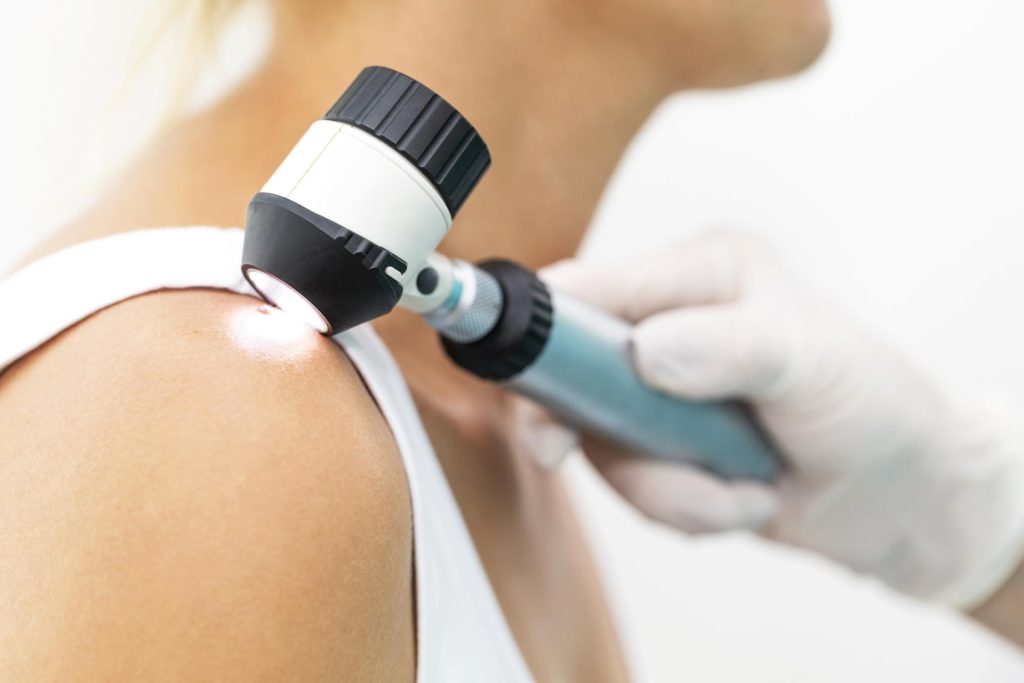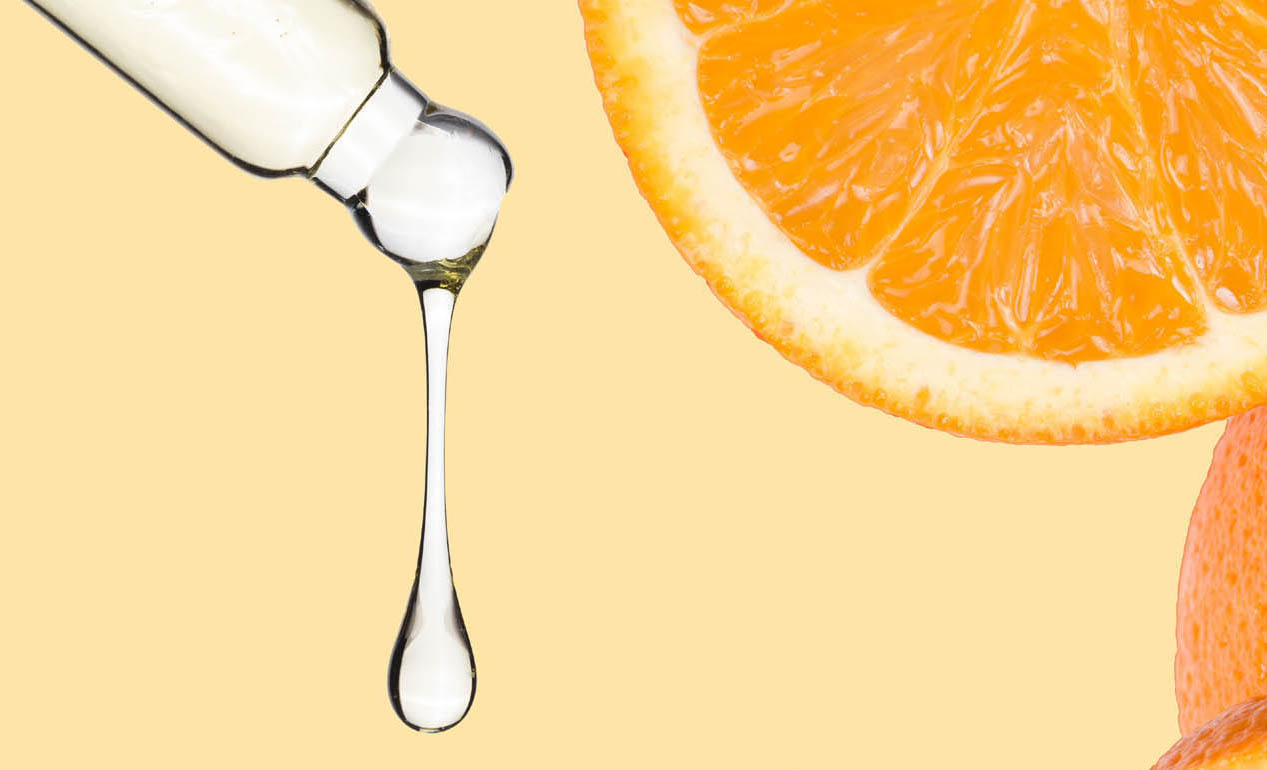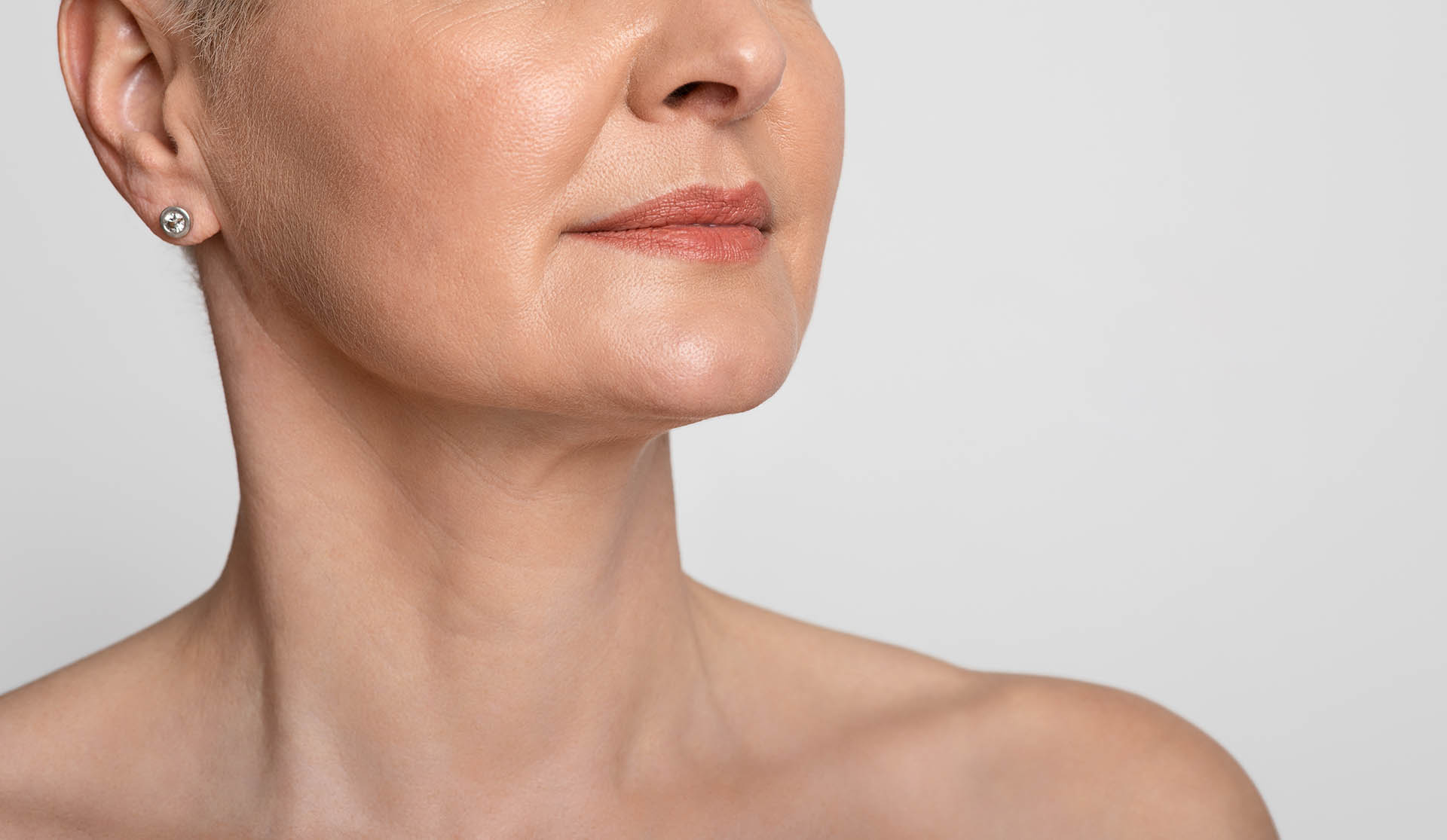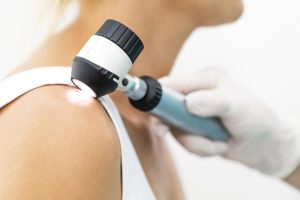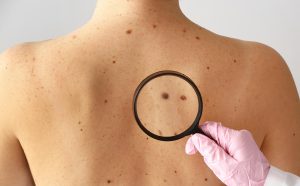1. What are the major causes of rough skin? Dry skin can be a result of environmental factors such low humidity in certain climates as well as prolonged exposure to substances that we apply to our skin that contain drying ingredients like benzoyl peroxide. propylene glycol and alcohol. Frequent hand washing and bathing can worsen already dry skin and cause rough skin and rashes. There are also many common genetic dry skin conditions such as eczema, ichthyosis, keratosis pilaris and psoriasis which result in rough skin for individuals who suffer from these diseases.
2. What nutrients/components does it lack that causes it to become rough? The uppermost layer of the skin is called the stratum corneum which contains dead skin cells embedded in a waxy matrix of ceramides, cholesterol and fatty acids. These important substances are all types of fats (also known as lipids) that help keep the skin moist and an effective barrier. Creams which contain ceramides and ointments such as petrolatum are often very effective in moisturizing the skin and reducing roughness.
3. Who’s more susceptible to rough skin? People with sensitive skin such as eczema, and those who live in dry climates with low humidity. Also, those who use foaming cleansers, bubble baths, bar soaps in addition to prolonged water submersion. These skin products all strip fats (lipids) from the skin, causing it to feel dry and rough.
4. How does food affect our skin? A healthy well-balanced diet with appropriate daily nutritional allowances is best for overall skin health maintenance.
5. What are the key nutrients that affect skin smoothness/roughness? Key nutrients for skin health are those necessary for overall body maintenance and when part of a normal diet, do not necessarily require additional supplementation to achieve noticeable benefit. These include essential fatty acids (omega-3 fatty acids found in salmon and tuna), vitamin C (fruits and vegetables), zinc and selenium (nuts).
6. How does sleep affect skin quality? How do sweating and exercise affect skin
smoothness? Healthy lifestyle habits such as sufficient nightly sleep and regular exercise boost skin health as well overall health and well-being.
7. How essential is cleansing and exfoliation in achieving a better complexion and
smoothness? Aside from facial skin, what’s the best way to exfoliate lips, hands, elbows, and the rest of the body? Cleansing and mild exfoliation can give skin a smoother more radiant appearance by removing dead skin cells at the surface and allowing light to reflect from the skin. Consult a dermatologist to determine the most appropriate products to achieve gentle, non-irritating cleansing and exfoliation to achieve best results.
8. What are the best in-office procedures if you want a deeper kind of exfoliation? Laser resurfacing, chemical peels, and microdermabrasion are all effective procedures available to smooth rough and photo-damaged skin. Superficial (non-ablative) lasers are also effective–including the Fraxel and Clear and Brilliant devices. All of these will help to smooth rough skin with minimal down time.
9. How do lotions and creams work to smooth out skin? How do we use them for best
results? By themselves, lotions and creams are merely oily products that when applied to the skin can plump some of the dead skin cells and provide a smoother-feeling texture by adding an oily layer to the skin’s surface. This is a temporary effect and is made much more effective by adding active ingredients to the lotion or cream. Think of the lotion or cream as “the base” or vehicle for a more effective exfoliating ingredient such as a retinoid, growth factor, vitamin C or alpha/beta hydroxy acid.
10. What are the key ingredients to look for? There are several ingredients that work well to smooth and soften dry skin. Your skin type and your skin’s sensitivity will help to determine the best moisturizer for you. It is important to know whether you will also be treating other skin conditions such as acne, brown spots and eczema before trying anything new since choosing the wrong moisturizer can make your skin worse. A dermatologist can help you wade through all the different choices and products to find the most effective moisturizer for your skin. Common mild ingredients include Hyaluronic acid, glycerin and ceramides.
11. How does hydrating from within affect skin quality? How much water or fruits do we have to include in our diet for best results? Hydrating skin from within is not necessarily as beneficial as you think. Since our skin is a lipid (fat) based organ, drinking lots of water although helping to keep the body well/hydrate doesn’t add more oil (moisture) to the skin. Drinking water instead of non-nutrient fluids (alcohol, sugary drinks) is better for overall health which may in turn, give skin a more radiant appearance.
